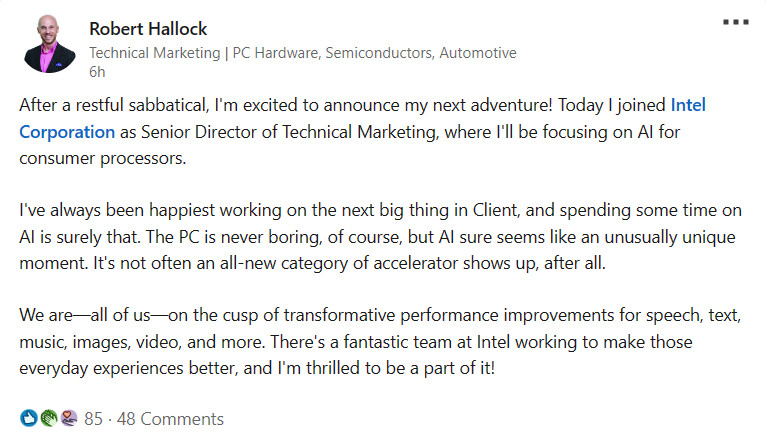Beep beep.

 www.techpowerup.com
www.techpowerup.com

Intel Core i9-13900K Review - Power-Hungry Beast
With the Core i9-13900K, Intel delivers impressive performance. Our in-depth review confirms: Raptor Lake is the world's fastest CPU for gaming. Even in applications the processor is able to match AMD's Zen 4 Ryzen 9 7950X flagship. If only power consumption wasn't so high...








